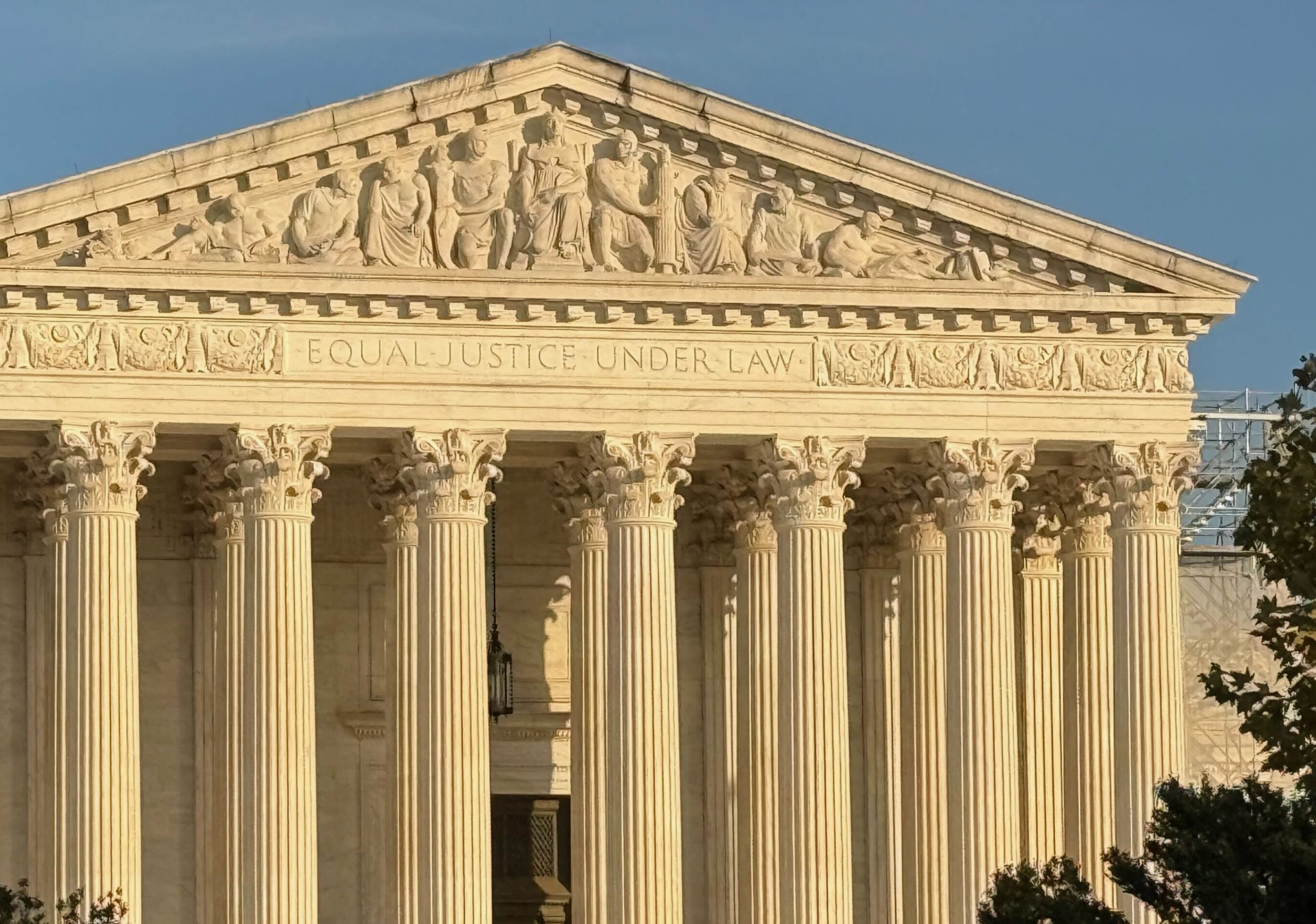Trump administration urges Supreme Court to overturn lower court order reinstating federal official


The Trump administration on Monday afternoon asked the Supreme Court to pause an order by a federal appeals court in Washington, D.C., that temporarily reinstated the top U.S. copyright official after her firing earlier this year. U.S. Solicitor General D. John Sauer called the ruling by the U.S. Court of Appeals for the District of Columbia Circuit “another case of improper judicial interference with the President’s power to remove executive officers.”
The head of the U.S. Copyright Office is known as the Register of Copyrights, and she is the primary adviser to Congress on copyright issues. The Register of Copyrights is housed within the Library of Congress; she is appointed by the Librarian of Congress, who is in turn nominated by the president and confirmed by the Senate to serve a 10-year term.
In October 2020, Carla Hayden, then the Librarian of Congress, appointed Shira Perlmutter to serve as the Register. On May 8 of this year, Trump fired Hayden; he later appointed Todd Blanche, the deputy U.S. attorney general who had also served as his personal lawyer, to succeed her as the Acting Librarian of Congress. On May 9, the U.S. Copyright Office released a pre-publication version of a report on artificial intelligence that made recommendations with which Trump allegedly disagreed. Perlmutter received an email the following day from the White House Presidential Personnel Office notifying her that she had been removed from her position “effective immediately.”
Perlmutter went to federal court, seeking to block her removal. U.S. District Judge Timothy Kelly turned down her plea for an order that would temporarily reinstate her while her challenge to her firing continued. But in an order on Sept. 10, a divided three-judge panel of the D.C. Circuit granted Perlmutter’s request.
Judge Florence Pan, joined by Judge Michelle Childs, wrote a concurring opinion in which she acknowledged the Supreme Court’s statement in Trump v. Wilcox, allowing the president to remove members of the National Labor Relations Board and the Merit Systems Protection Board from office while their challenges to their firings continued, that the government is more likely to be harmed when a fired official remains in office than when a wrongly fired official is removed from office. But Pan sought to distinguish Perlmutter’s case, writing that Trump’s “alleged blatant interference with the work of a Legislative Branch official, as she performs statutorily authorized duties to advise Congress, strikes us as a violation of the separation of powers that is significantly different in kind and in degree from the cases that have come before.” Moreover, Pan added, “Perlmutter’s removal was likely unlawful because the President has no direct authority to fire her, and his installment of an Acting Librarian of Congress was likely ineffective.”
Judge Justin Walker would have denied Perlmutter’s request. He wrote that “repeatedly, and unequivocally, the Supreme Court has stayed lower-court injunctions that barred the President from removing officers exercising executive power.” And even if the Register of Copyrights is labeled as part of the legislative branch, he argued, it is still part of the Library of Congress, which “‘is squarely a component of the Executive Branch’” – and the court’s decision in Wilcox should apply to Perlmutter as well.
After the full D.C. Circuit declined to rehear the Trump administration’s appeal, Sauer came to the Supreme Court on Monday afternoon, asking the justices to intervene. Like Walker, he contended that the Register is part of the executive branch, rather than the legislative branch, because she issues regulations, adjudicates applications for copyright registration and royalty proceedings, enforces copyright laws, and participates in international copyright organizations and meetings – “all exercises of executive power.”
Other evidence that the Librarian of Congress and the Register are part of the executive branch, so that the president can remove the Librarian and the Librarian can fire the Register, can be found in the Constitution, Sauer told the justices. Because Congress only has the power to legislate, for example, and cannot give itself or its agents the power to execute the laws, “[i]f the Librarian and Register were legislative officers,” he wrote, “much of federal copyright law would violate the Constitution.”
And in any event, Sauer continued, the D.C. Circuit did not have the power to order Perlmutter’s reinstatement. “The traditional remedy for the unlawful removal of an executive officer is back pay,” he wrote, “not a preliminary injunction granting interim reinstatement.”
The Supreme Court on Monday afternoon instructed Perlmutter to respond to the government’s request by Monday, Nov. 10, at 4 p.m. EST.
Posted in Emergency appeals and applications
Cases: Blanche v. Perlmutter